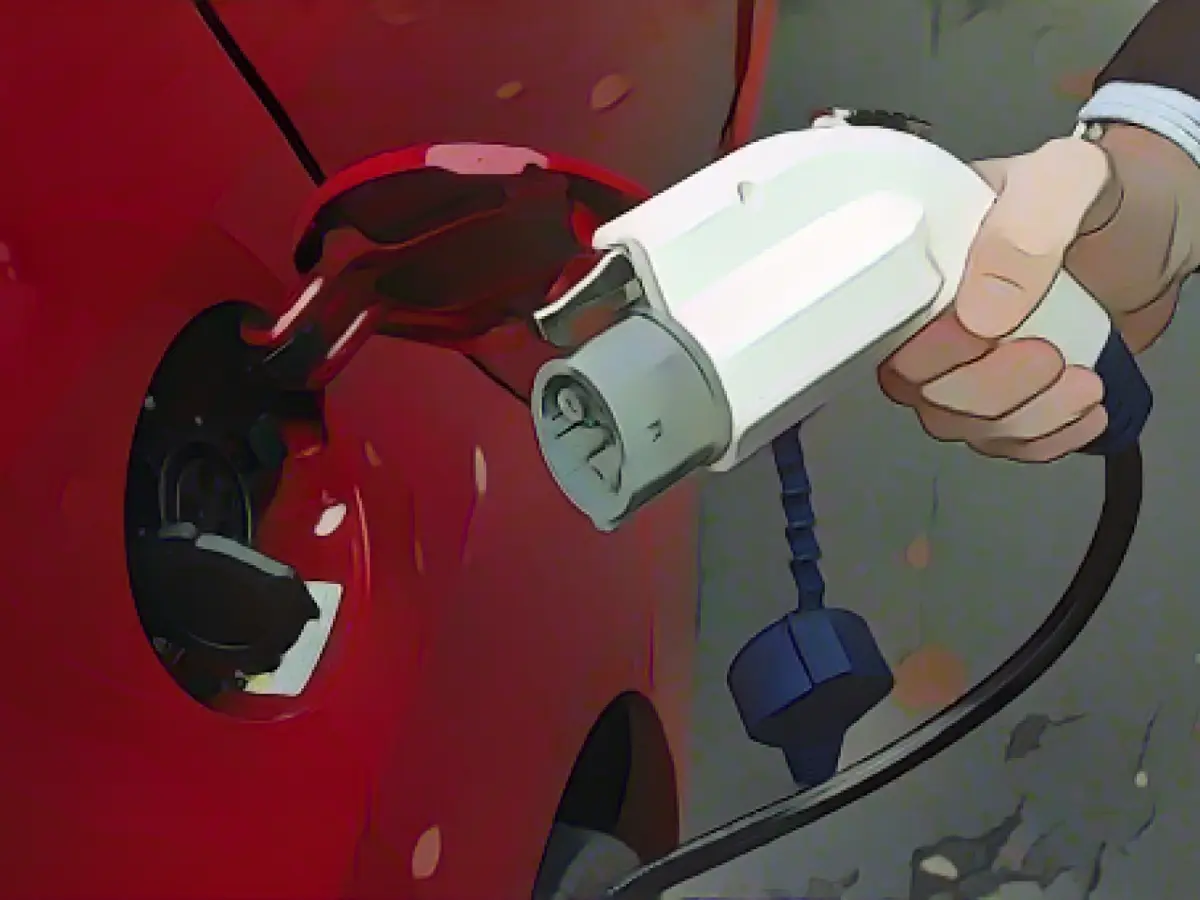(2024: Changes Ahead for Drivers and Car Owners in Germany)
With the new year on the horizon, there are several notable changes coming to car-related regulations and costs in Germany. Here are some of the significant developments drivers and car owners should be aware of:
Rising CO2 Tax on Fuels
The CO2 tax on fuels, introduced at the beginning of 2021, will continue to increase in 2024. The previously fixed price for CO2 emissions will climb from 30 euros to 40 euros per tonne. While an increase in the levy was suspended last year due to Russia's invasion of Ukraine, this will change in 2024, leading to a potential rise in the price of petrol.
Car Insurance Type Classifications
Around 13 million drivers in Germany will be affected as type classifications for car insurance change once again in 2024. Over half of them will be placed in higher classifications, while the remaining drivers will benefit from the new system. The regional classes will also undergo changes.
Sales of Electric Cars in Germany
The sales of electric cars in Germany have seen a significant downturn since September 2023, with just under 45,000 new electric cars registered in November – a 23% decrease compared to the same month the previous year. This decline is primarily due to the expiration of subsidies for commercial electric vehicles at the end of August 2023. With the subsidy for private individuals remaining in effect, you can expect a slight reduction in funding next year.
Charging Stations with Solar Power Funding
A new program for private charging stations with solar power will be launched by the KfW development bank in 2024, offering 200 million euros in funding. This initiative aims to encourage the adoption of electric cars and other devices that support their use.
Exchanging Driving Licenses
Drivers born between 1965 and 1979 are required to exchange their driving licenses for an EU check card document by January 19, 2024. This change will, for the most part, result in drivers retaining their current licenses, although their validity will be limited to 15 years. The exchange fee of 25 euros may apply, and drivers who fail to exchange their licenses on time risk facing fines.
Additional Assistance Systems on Board New Cars
From July 7, 2024, all newly registered cars will be required to have additional assistance systems on board as standard. These systems will include a black box that records event-related driving data, an emergency brake assistant, an intelligent speed assistant, an "emergency brake light" that warns following traffic, and a reversing assistant.
Euro 6e Emissions Standard
The Euro 6e emissions standard was introduced for type approval of new model series in September 2024, and will apply to all new registrations starting in September 2024. This standard aims to bring exhaust emission values measured on a test bench closer to the values measured in real driving conditions.
Tire Regulations
From October 32, 2024, only tires bearing the "Alpine" symbol (snowflake and mountain) on the sidewall will be allowed on rims. These tires fulfill the "situational winter tire requirement," which does not mandate a general winter tire requirement during the cold season. However, if winter conditions arise on the road, the car must be fitted with winter tires.
Switzerland-Germany Agreement
Beginning in 2024, fines imposed by Switzerland for traffic violations, such as incorrect parking and excessive speeding, will be collected by German authorities if the fine exceeds 80 francs.
Planned EU Driving License Rules
Before the EU elections in June 2024, the EU is planning to implement various legislative procedures, including a potential review of driving license rules, improved information flow for cross-border prosecution of traffic violations, and the application of driving bans abroad after speeding across different EU countries.
These changes demonstrate the ever-evolving landscape of car-related regulations and costs in Germany, as the country grapples with environmental concerns, increasing reliance on electric vehicles, and the need to comply with strict EU regulations.








